China Customs Clearance: Laws and Regulations
Customs clearance ensures that goods entering or leaving a country comply with all applicable laws and regulations. This includes checking the goods for prohibited or restricted items, ensuring that the correct duties and taxes are paid, and verifying that the goods are labeled and packaged.
Customs clearance is important in China because it helps to protect the country’s economy and security. By ensuring that all goods entering and leaving China are properly inspected and accounted for, customs authorities can help to prevent the smuggling of contraband, the spread of diseases, and the unfair competition of foreign products.
China’s customs clearance law and regulation is complex and constantly evolving.
Contents
Why is customs clearance important in China?
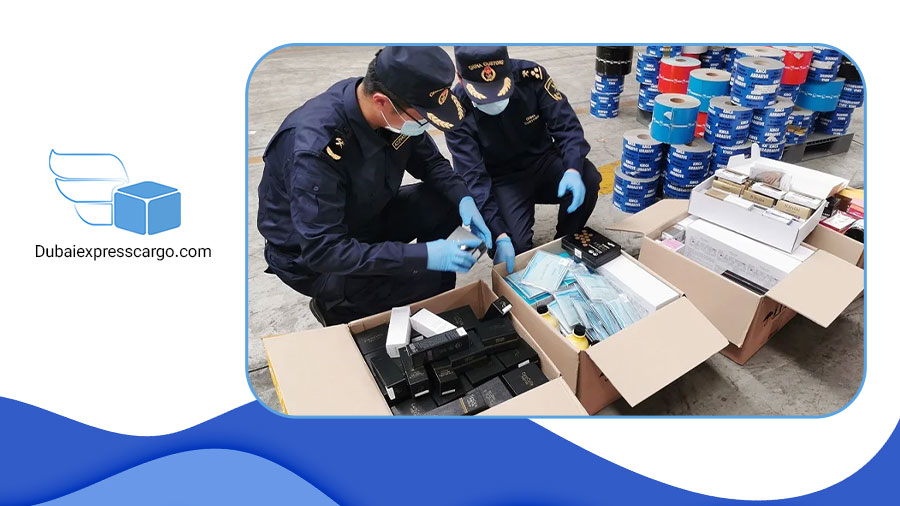
Customs clearance is important in China for several reasons, including:
- To protect the country’s economy: Customs clearance helps to ensure that foreign goods entering China are not subject to unfair competition. It also helps to prevent the smuggling of counterfeit goods and other contraband.
- To protect public health and safety: Customs clearance helps prevent the spread of diseases and other pests by importing contaminated goods. It also helps to ensure that imported food and drugs meet Chinese safety standards.
- To collect revenue: Customs duties and taxes are an important source of revenue for the Chinese government.
- To enforce intellectual property rights: Customs clearance can help to prevent the import of counterfeit goods and other products that violate intellectual property rights.
Suppose you are importing or exporting goods to or from China. In that case, it is important to familiarize yourself with the relevant customs clearance laws and regulations. You may also want to consider hiring a customs broker like Dubai Express Cargo company to help you with the customs clearance process.
Key customs clearance procedures in China
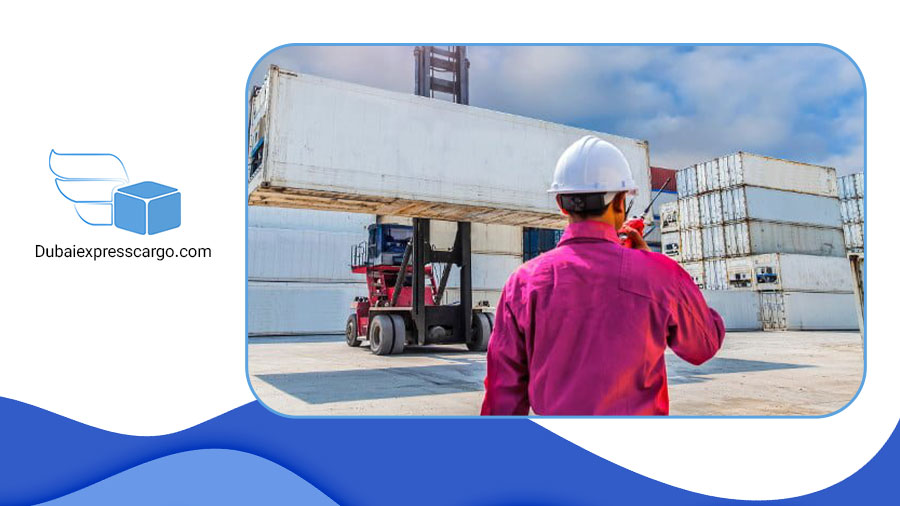
Import declaration
The first step in customs clearance in China is to submit an import declaration. The import declaration must be submitted electronically through the China Customs website. The declaration must include information such as the type of goods, the quantity of goods, the value of goods, and the country of origin.
Inspection and quarantine
Once the import declaration has been submitted, customs authorities may inspect the goods. This inspection may be conducted at the entry port or a bonded warehouse. If the goods are subject to quarantine, they will be inspected by quarantine officials to ensure that they meet Chinese health and safety standards.
Payment of duties and taxes
Once the goods have passed inspection, the importer must pay the applicable duties and taxes. The rates of duties and taxes vary depending on the type of goods and the country of origin. Duties and taxes can be paid electronically through the China Customs website or in cash at the port of entry.
Release of goods
The goods will be released to the importer once the duties and taxes have been paid. The importer can then take possession of the goods and transport them to their final destination.
Common customs clearance issues and challenges
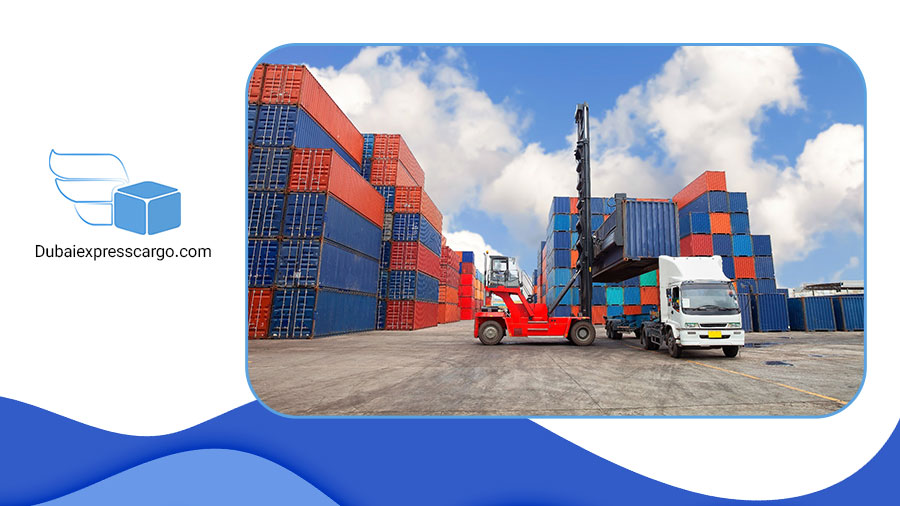
Incorrect or incomplete declarations
Incorrect or incomplete declarations are one of the most common customs clearance issues. This can happen if the importer is not familiar with the customs clearance process or if they do not have the necessary documentation. Incorrect or incomplete declarations can lead to delays in customs clearance, fines, and even seizure of goods.
Undeclared goods
Undeclared goods are imported into China without being declared to customs. This serious offense can lead to fines, seizure of goods, and even imprisonment. Undeclared goods can also pose a risk to public health and safety.
Prohibited and restricted goods
Certain goods are prohibited or restricted from entering or leaving China. Examples of prohibited goods include weapons, drugs, and endangered species. Examples of restricted goods include certain types of food and chemicals. Suppose an importer attempts to import prohibited or restricted goods. In that case, their goods will be seized, and the importer may face fines or imprisonment.
High duties and taxes
China has a complex system of duties and taxes on imported goods. The rates of duties and taxes vary depending on the type of goods and the country of origin. High duties and taxes can make it difficult for importers to compete in the Chinese market.
Other challenges
Other challenges that importers may face include:
- Lack of transparency: China’s customs clearance process can be complex and opaque. This can make it difficult for importers to understand their rights and obligations.
- Corruption: Corruption is a problem in some parts of the Chinese customs system. This can lead to delays in customs clearance, extortion, and other problems.
- Language barrier: China’s official language is Chinese. This can be a challenge for importers who do not speak Chinese.
If you are importing goods into China, it is important to be aware of the common customs clearance issues and challenges. You should also take steps to minimize the risk of problems.
How to avoid customs clearance problems
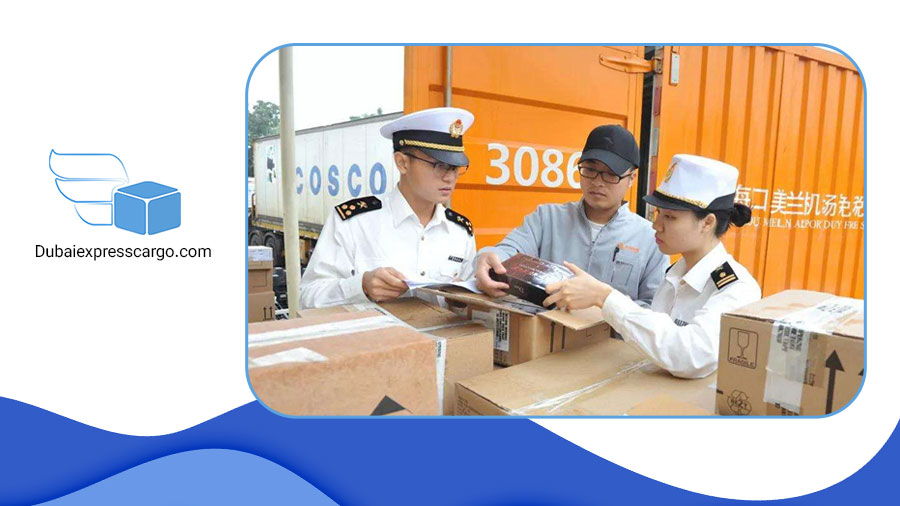
Work with a customs broker
A customs broker like Dubai Express Cargo is a licensed professional who can help you understand and navigate the customs clearance process. We can help you with everything from preparing the necessary documentation to filing the import declaration. We can also represent you before customs authorities and help you resolve any problems.
Get proper documentation
You must obtain all the necessary documentation before importing goods into China. This includes:
- An import declaration
- A commercial invoice
- A certificate of origin
- Any other documentation that may be required for the type of goods you are importing
You can obtain this documentation from your supplier or a third-party provider.
Understand the customs clearance process
Understanding the customs clearance process before you import goods into China is important. This will help you avoid making mistakes that could lead to delays or problems. You can learn about customs clearance by reading the China Customs website or talking to a customs broker.
Be aware of prohibited and restricted goods
Certain goods are prohibited or restricted from entering or leaving China. It is important to be aware of the prohibited and restricted goods list before you import goods into China.
By following these tips, you can help avoid customs clearance problems and ensure a smooth and successful process.
Here are some additional tips for avoiding customs clearance problems:
- Submit your import declaration electronically: The China Customs website allows you to submit your import declaration electronically. This is the fastest and most efficient way to submit your declaration.
- Use the correct HS code: The HS code is a global system for classifying goods for trade purposes. The correct HS code must be used on your import declaration. You can find the correct HS code for your goods on the China Customs website.
- Declare the true value of your goods: You must declare the true value of your goods on your import declaration. This is important for calculating the duties and taxes that you owe.
- Be honest and cooperative with customs officials: Customs officials protect China’s borders and economy. Be honest and cooperative with customs officials and answer their questions truthfully.
If you follow these tips, you can help avoid customs clearance problems and ensure a smooth and successful process.
Type of customs clearance in China
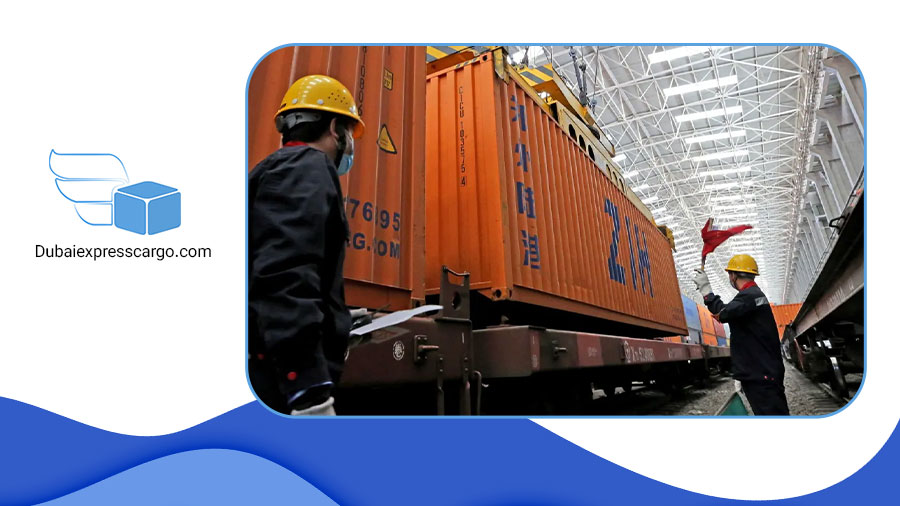
Direct customs clearance
Process:
- The importer submits an import declaration electronically through the China Customs website.
- The importer arranges for the goods to be transported to the port of entry.
- Customs officials inspect the goods and verify the accuracy of the import declaration.
- The importer pays the applicable duties and taxes.
- Customs releases the goods to the importer.
Advantages:
- Faster customs clearance time
- More control over the goods
- No need to use a bonded warehouse
Disadvantages:
- More paperwork and documentation required
- Higher cost of customs clearance
Bonded warehouse customs clearance
Process:
- The importer deposits the goods in a bonded warehouse.
- The importer submits an import declaration to customs.
- Customs inspects the goods and verifies the accuracy of the import declaration.
- The importer pays the applicable duties and taxes on the goods.
- The importer can then withdraw the goods from the bonded warehouse and sell them in China.
Advantages:
- Faster customs clearance time for goods that are not ready to be sold immediately
- More flexibility in terms of when and how to pay duties and taxes
- Lower cost of customs clearance
Disadvantages:
- The importer must pay rent and storage fees for the goods in the bonded warehouse
- The importer must have a bonded warehouse license
Courier customs clearance
Process:
- The importer submits an import declaration to customs electronically or through the courier company.
- The courier company transports the goods to the port of entry.
- Customs officials inspect the goods and verify the accuracy of the import declaration.
- The importer pays the applicable duties and taxes.
- The courier company delivers the goods to the importer.
Advantages:
- Convenient and easy for small shipments
- Relatively low cost of customs clearance
Disadvantages:
- Slower customs clearance time for small shipments
- Less control over the goods
Which type of customs clearance is right for you?
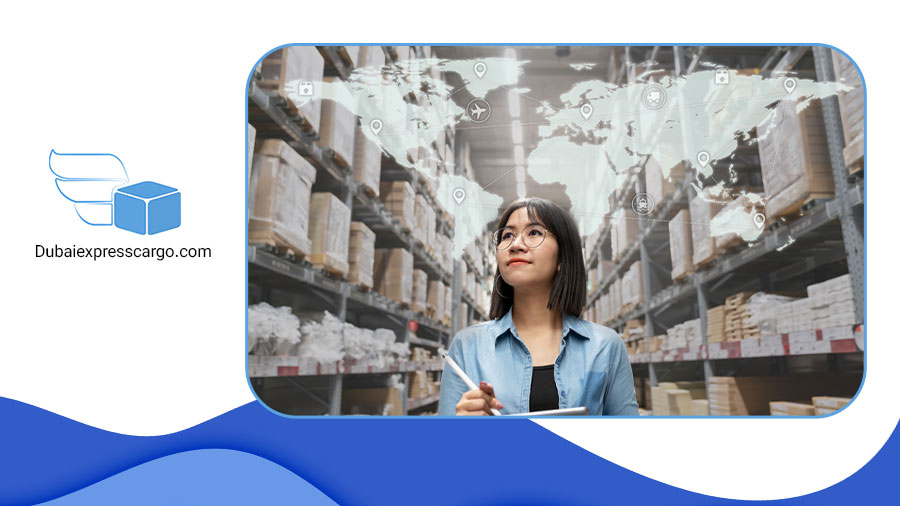
The best type of customs clearance for you will depend on your specific needs and circumstances. If you are importing a large shipment of goods and you need to get the goods into China quickly, then direct customs clearance may be the best option for you.
- Related article: WHAT’S THE CHEAPEST WAY OF SHIPPING LARGE PACKAGES ?
If you are importing a small shipment of goods and are not ready to sell them immediately, bonded warehouse customs clearance may be the best option for you.
Suppose you are importing a small shipment of goods and need a convenient and easy customs clearance process. In that case, courier customs clearance may be your best option.
You should consult Dubai Express Cargo to determine which type of customs clearance is right for you.
Common customs clearance fees and charges in China
Import declaration fee
The import declaration fee is a fee that is charged for submitting an import declaration to customs.
The import declaration fee is relatively small, typically around 50 RMB. However, the fee can be higher for goods subject to more stringent inspection requirements.
Inspection fee
The inspection fee is a fee that is charged for inspecting goods by customs officials.
The inspection fee is typically around 100 RMB per container. However, the fee can be higher for goods subject to more specialized inspection requirements.
Quarantine fee
The quarantine fee is a fee that is charged for inspecting goods by quarantine officials to ensure that they meet Chinese health and safety standards.
The quarantine fee is typically around 200 RMB per container. However, the fee can be higher for goods subject to more stringent quarantine requirements.
Duties and taxes
Duties and taxes are a type of tax that is applied to imported goods.
The rates of duties and taxes on imported goods vary depending on the type of goods and the country of origin. However, duties and taxes can typically be expected to range from 5% to 20% of the value of the goods.
In addition to the above fees and charges, there may be other fees and charges that are applicable depending on the specific circumstances of the customs clearance process.
For example, suppose the goods are subject to a special import license. In that case, there may be a fee associated with obtaining the license. Additionally, suppose the goods are subject to a special inspection requirement. In that case, an additional fee may be associated with the inspection.
It is important to consult with a customs broker to get an accurate estimate of your shipment’s total customs clearance costs.
Conclusion
The law and regulations of China customs clearance are complicated. However, knowing the essential concepts and following the standards helps reduce delays and difficulties.
A knowledgeable customs broker is essential for China’s imports and exports. Dubai Express Cargo is an experienced China customs broker for corporations. We do everything from paperwork preparation to import declaration filing.
You can streamline customs clearance using Dubai Express Cargo.
Contact Dubai Express Cargo for more China customs clearance information.

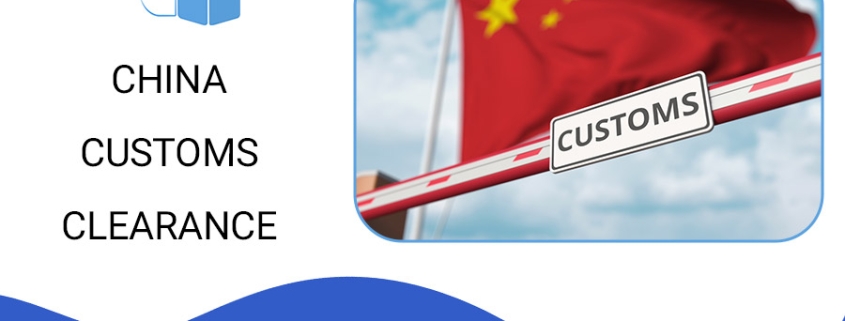


Leave a Reply
Want to join the discussion?Feel free to contribute!